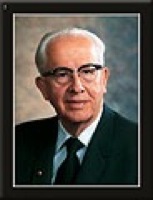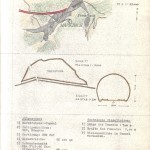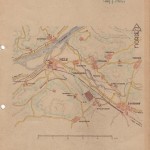In class last night we discussed what makes up a historical scholarly paper. To jump start our thinking processes and enhance our observation skills, we were to compare two essays, one provided by the professor, and the other one applicable to our papers.
This was a great exercise to help me figure out the structure of a scholarly paper. As we discussed in class, here are the common conventions in a scholarly paper as written in an historical journal. A good historical scholarly paper usually:
- opens with a catchy anecdote, quote, narrative, etc. This livens up the essay, provides a good basis for framing the time period, etc.
- discusses the most relevant historiography
- discusses the “So What?” question. Addresses why the article is worth reading. Provides a clear statement of the problem.
- provides a clear statement of the thesis.
- lays out the the themes and structure of article in the beginning so it is easy to follow.
- discusses methodology. This includes a discussion of primary sources; organizing the sources, what to expect out of them, address the limits and strengths of primary sources (who wrote them, what was their purpose).
- uses footnotes. Footnotes can be an integral part of a historical paper. Footnotes can be used to discuss other arguments not directly related to the thesis. They establish credibility by showing that the author knows more than just their narrow topic. Footnotes are a way of establishing legitimacy and knowledge of the subject and other tangential subjects. They can be a means to deflect possible criticism by addressing issues other historians would most likely raise. Footnotes can also build bridges to understanding by referencing other areas, or providing examples. If there are a bunch of letters, newspaper articles, etc., quote a couple in the text, but then to show there is more than just the two, do a “see also”, or reference that you read many more sources, in a footnote.
- has a length of 20-25 pages of text.
- has a format consisting of an intro, a body divided into three sections and a conclusion.
- has reference to the most prevalent historians in the field, and includes their articles/books in the footnotes as a reference. They just might be the ones reviewing your essay, and if they see their works referenced, they might be more likely to approve yours for publishing.
So there you have it. Some easy guidelines for writing a historical scholarly article for a journal.






